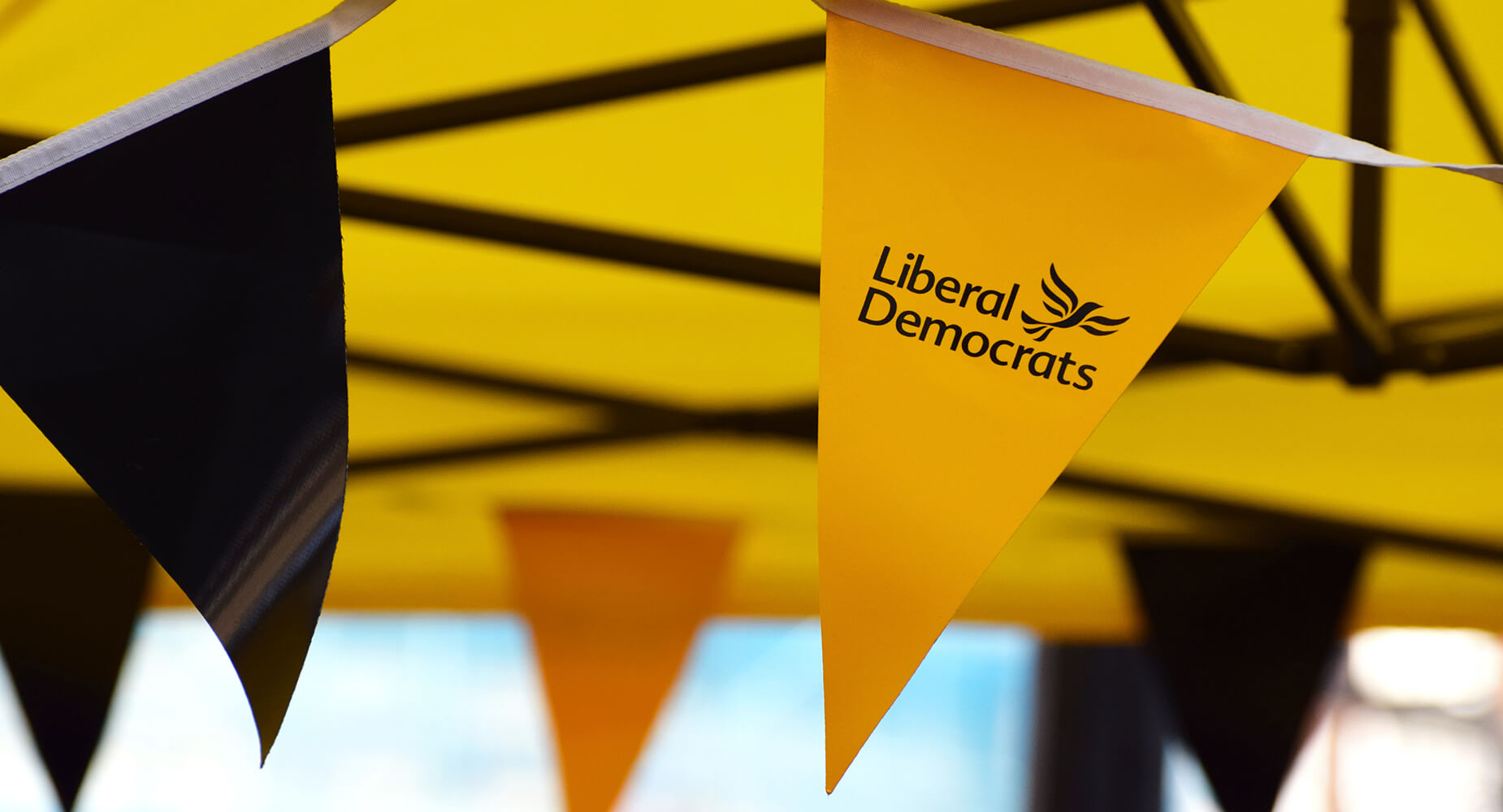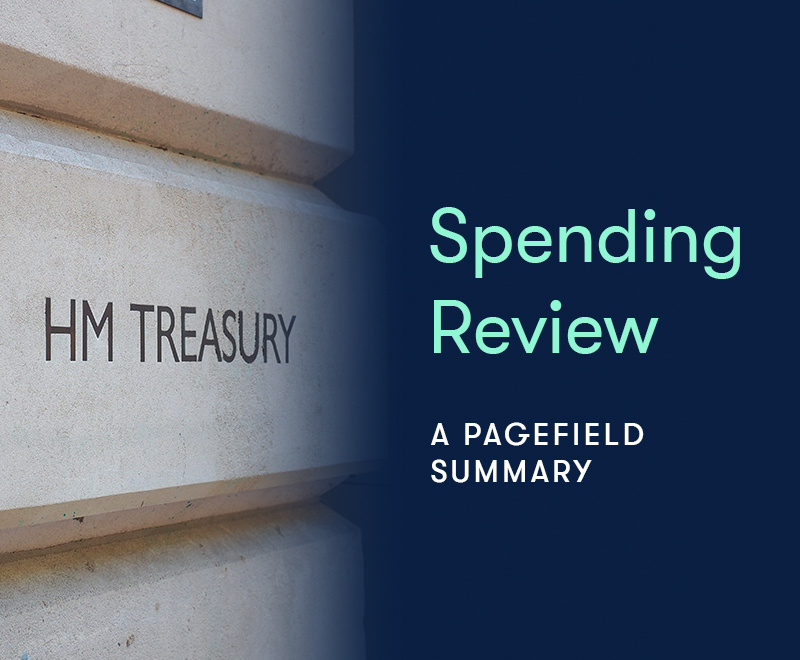Ahead of the Liberal Democrat’s Spring Conference tomorrow (Friday 19 March), Pagefield canvassed several Lobby correspondents to gauge how the party is fairing with the media and how, with a Covid comeback roadmap in place and Brexit behind us, the pro-EU party is redefining itself.
The event will give leader Sir Ed Davey an opportunity to set his electoral stall out to his members and the nation. His keynote speech will come just months before the local and regional elections in May.
As for the next general election, that is unclear because the Conservative government plans to scrap the Fixed-Term Parliaments Act. Either way, Davey, who took charge in August 2020, will want to build on the 11.6% share of the vote his party secured in 2019 and he will ultimately have to define himself against Labour leader Sir Keir Starmer and Boris Johnson.
There has always been a big behind-the-scenes battle between the smaller parties to get on the media’s radar first. Beyond the big two parties the Liberal Democrats were well-known in Westminster for their rapid media responses and so-called ‘news-jacking’ tactics.
There wasn’t a day that went by without former leader Tim Farron or a Liberal Democrat spokesperson having an opinion on almost everything going on in the House of Commons and beyond. The Ukip press team weren’t far behind in the Lobby’s inboxes.
The idea was to get the second comment in any political news stories since the Tories or Labour would get first dibs. And, in doing so, the party’s spokespeople became reliable and useful sources of information. In turn, the party would eventually get a disproportionate amount of coverage in the press, or so the theory went.
Now Davey, who succeeds Farron, Sir Vince Cable and Jo Swinson, will have to edge his way into the national conversation. He was quick to criticise the Metropolitan Police’s controversial response to a vigil in Clapham Common for Sarah Everard. Davey called on Commissioner Dame Cressida Dick to quit, being the first major politician to do so.
He has also made prominent interventions around the government’s Covid response, notably calling on Boris Johnson and his administration to do more to help the self-employed and small businesses.
But the Liberal Democrats still seem to be finding their voice. “Quite honestly I haven’t thought about the Liberal Democrats in ages, which is probably indicative in itself,” one Lobby reporter told Pagefield. The journalist also noted the “very difficult terrain” for smaller parties, especially on the Left with Starmer’s apparent shift towards the centre.
The political editor of one right-leaning national newspaper was complimentary about Davey, describing him as a “decent and nice guy”, but said the party needed to “rethink” its strategy. “They need to be a more centrist version of the Conservative Party as the latter goes towards the right,” he told Pagefield. “There’s an opportunity for them since the Greens are too left wing. They need a whole rethink.”
A Lobby reporter working on a left-leaning national agreed. “[They] aren’t very well-defined,” the journalist said. “After Brexit, they pivoted to ‘holding the government’s feet to the fire’…it seems like they are still struggling to find the gap in the political market.”
To get cut through, Davey will need to set up head-to-head situations with Johnson and Starmer, whilst being seen as a leader on the big three issues: Covid, the economy and healthcare.
Davey may also focus on education, a top six issue in Ipsos MORI’s concerns index and a sector where the government has faced sustained criticism. The environment, ahead of COP26 in Glasgow, will also be a top priority.
He will, however, have to pick and choose his fights carefully. The Liberal Democrats only have 10 other MPs and they don’t have the resources of the big parties. But thoughtful and decisive interventions in these areas with the media should pay off.



